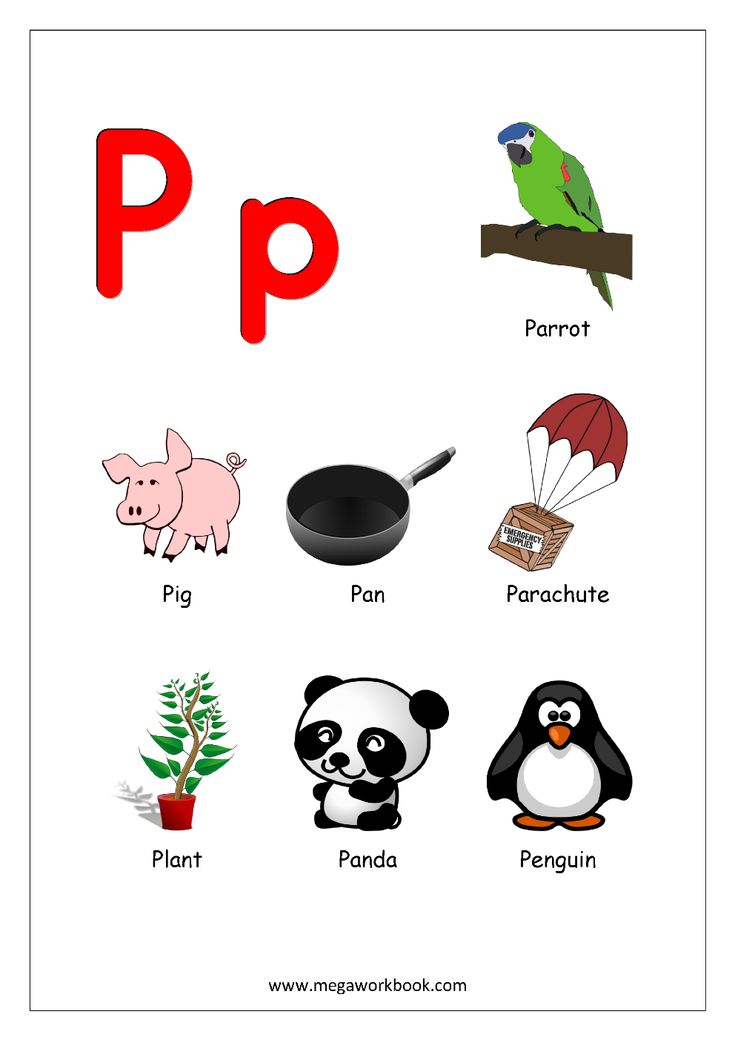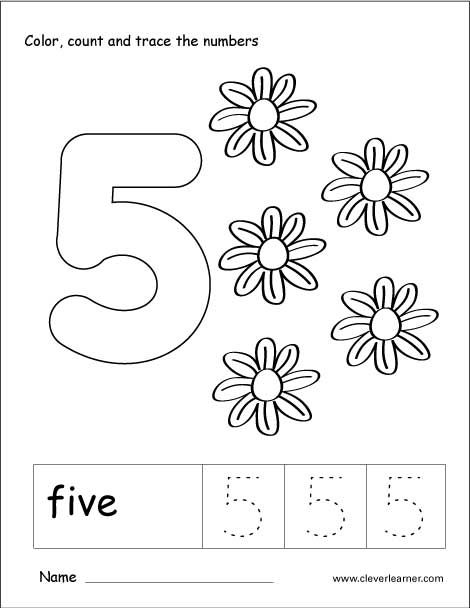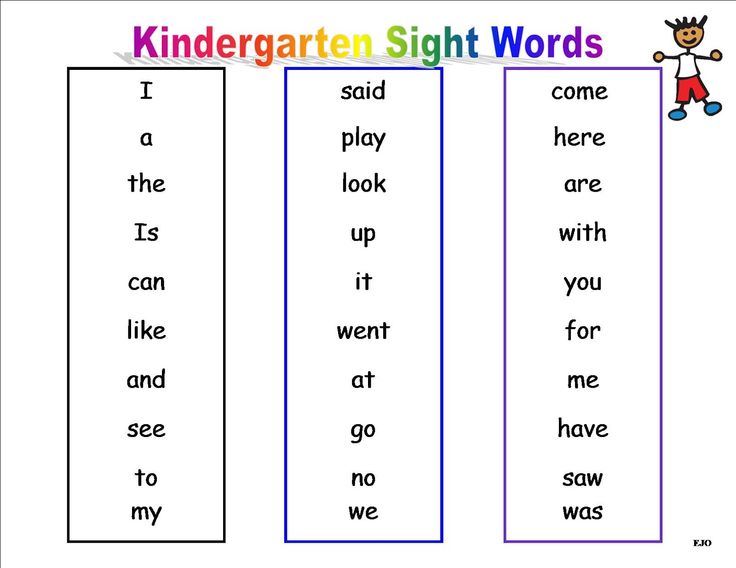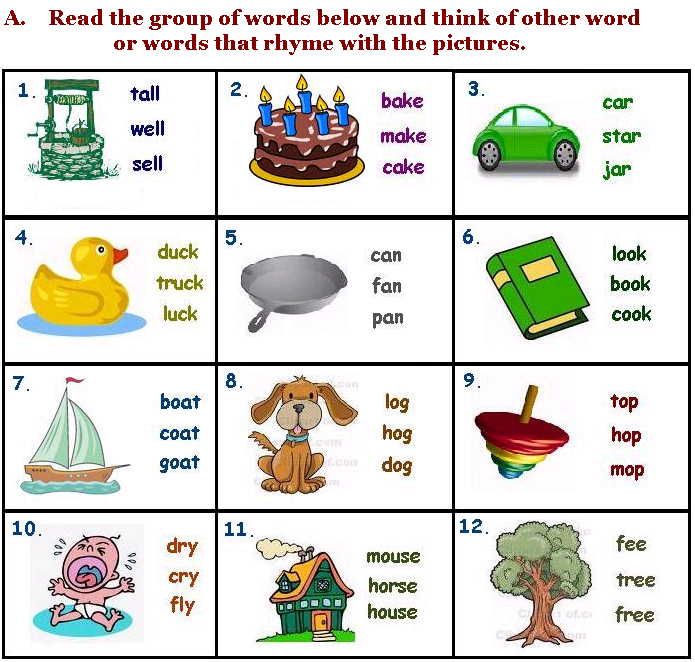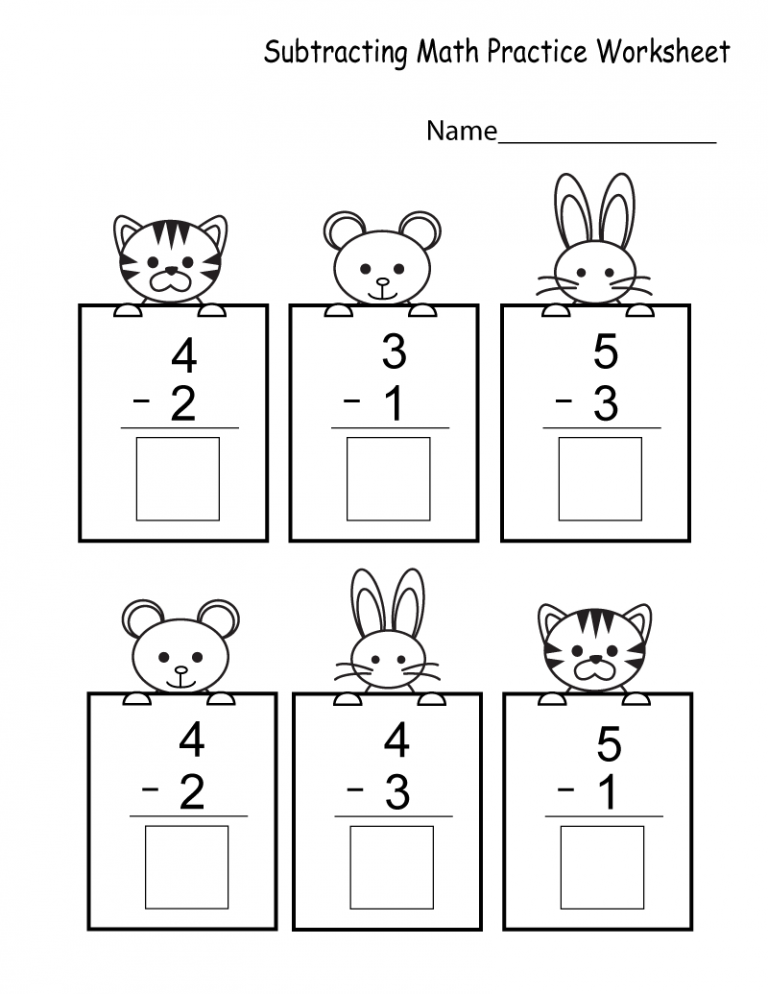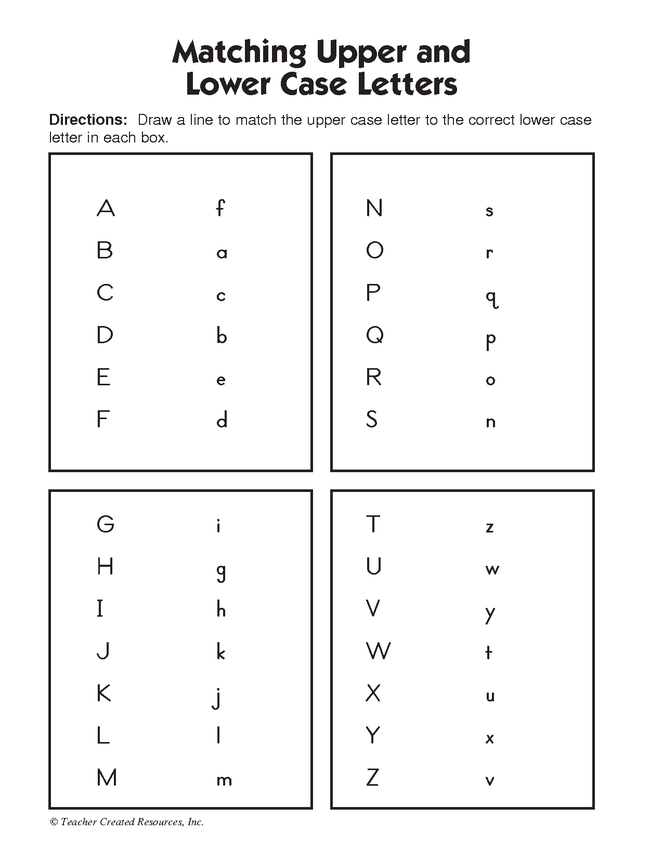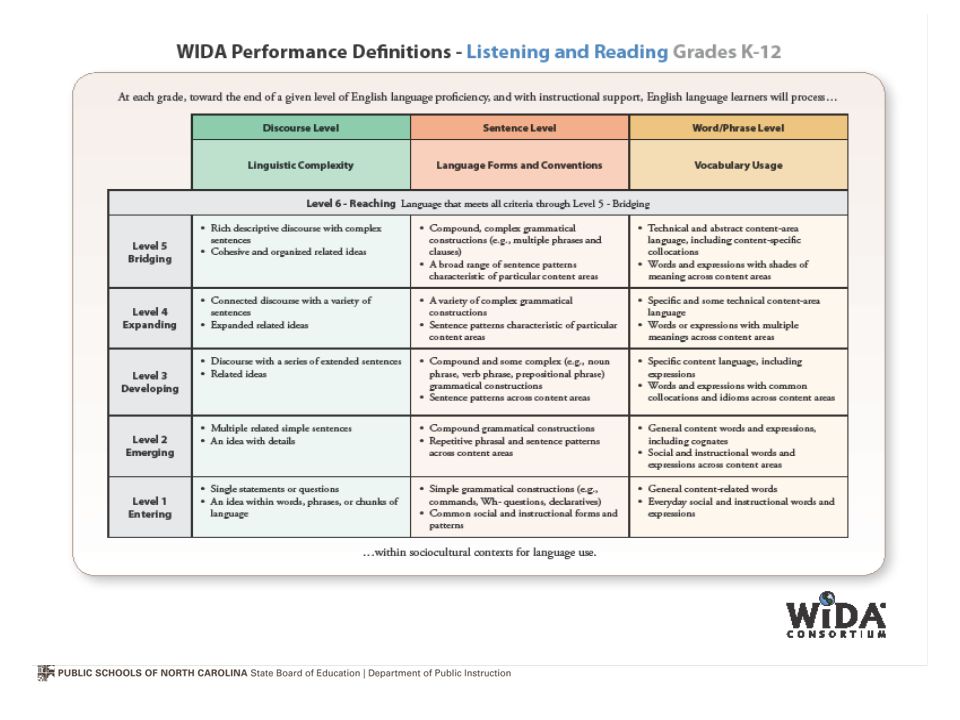Sentence for they
English Sentences with Audio Using the Word "They"
English Sentences with Audio Using the Word "They"- They hated Tom.
- They quarreled.
- They are actors.
- They are pretty.
- Are they friends?
- They got married.
- They are in class.
- They kidnapped me.
- They are both good.
- They gave it to me.
- They walked around.
- They have been busy.
- They have few books.
- What are they after?
- What are they doing?
- They are good people.
- They stopped talking.
- They stopped to talk.
- Are they all the same?
- They made fun of Mary.
- They made me go there.
- They're eating apples.
- When will they arrive?
- They admire each other.
- They agreed on a price.
- They are playing chess.
- They can speak Spanish.
- They didn't tell me so.
- They got into the boat.
- They live in this town.
- They say love is blind.
- They were very excited.
- They will be very glad.
- They're about to leave.
- They abandoned the plan.
- They adopted the orphan.
- They are about to start.
- They are gathering nuts.
- They will agree on that.
- Do you know who they are?
- They are very big apples.
- They caught him stealing.
- They have gone to Europe.
- They were seen to go out.
- They were taken prisoner.
- They are both in the room.
- They arrived at the hotel.
- They live near the school.
- They made us work all day.
- They named their son John.
- They smiled at each other.
- They were plainly dressed.
- They agreed to start early.
- They addressed me as doctor.
- They are both good teachers.
- They died one after another.
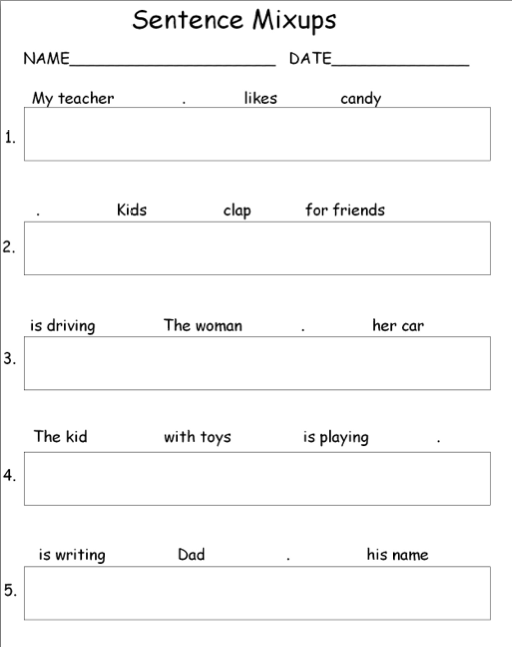
- They found the stolen money.
- They found Tom in the crowd.
- They teased the new student.
- Do they take care of the dog?
- They adopted the little girl.
- They agreed to work together.
- They each received a present.
- They forgot to lock the door.
- They have their own troubles.
- They invited me to the party.
- They speak Spanish in Mexico.
- They visited me occasionally.
- They were lying on the grass.
- They will keep their promise.
- What do they call their baby?
- They acted on the information.
- They don't get along together.
- They have to repair their car.
- They invited me to play cards.
- They might be taller than you.
- They waited for him for hours.
- They were watching television.
- They're able to speak Spanish.
- When will they give a concert?
- They asserted that it was true.
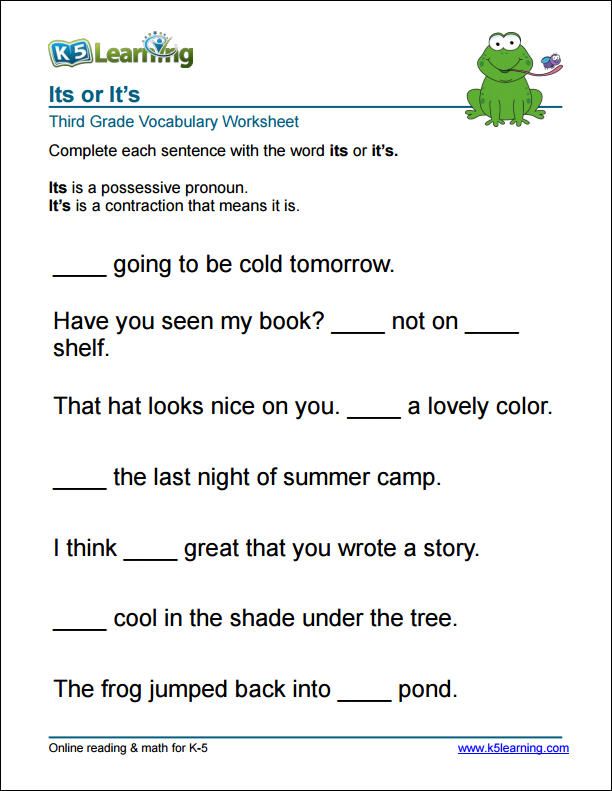
- They drank two bottles of wine.
- They must have had an accident.
- They were school children then.
- Why can't I sing like they can?
- I wish they would stop fighting.
- They abandoned the sinking ship.
- They accomplished their mission.
- They admired the lovely scenery.
- They have access to the library.
- They started working right away.
- Every time they talk, they argue.
- I wonder if they'll get divorced.
- They agreed on a joint statement.
- They don't take care of that dog.
- They moved in just the other day.
- They talked over a cup of coffee.
- They were fighting on the street.
- They were scolded by the teacher.
- Do you know when they will arrive?
- They accused him of telling a lie.
- They married when they were young.
- They must have known it all along.
- They sell eggs at the supermarket.
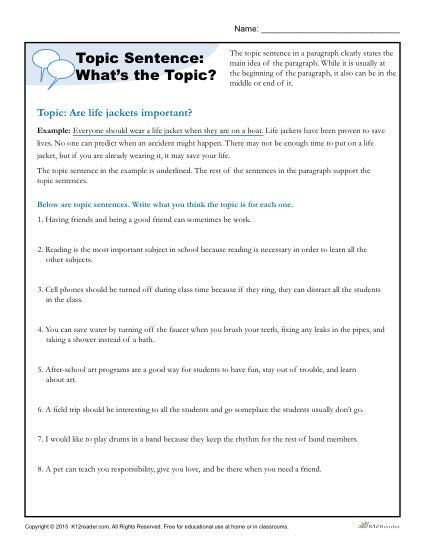
- They had trouble finding the place.
- They went on a trip a few days ago.
- They concluded that he had told a lie.
- They spent the entire day on the beach.
- They are able to speak Spanish a little.
- They are always at each other's throats.
- They must have suspected me of stealing.
- They say that a large dam will be built.
- They seem to be in love with each other.
- They were all surprised to see me there.
- They won't allow us to enter the garden.
- Go say goodbye to them before they leave.
- These flowers are beautiful, aren't they?
- They accused him of stealing the bicycle.
- They really wanted to know what happened.
- They were not aware that I was not there.
- She first met him when they were students.
- They hurried to the scene of the accident.
- They seem to have had a good time in Rome.
- We shouldn't judge people by how they look.
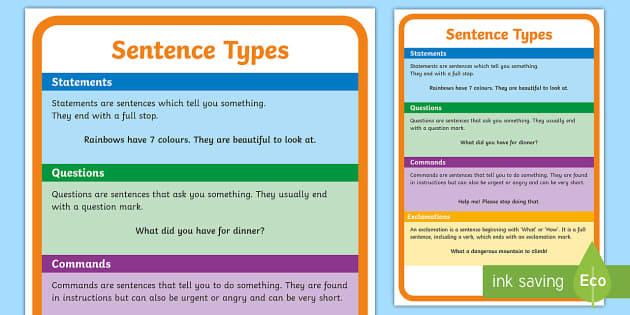
- Do you know anyone who hums while they work?
- How much did they give you for your old car?
- They accused me of having broken my promise.
- They advised me to go to the police station.
- They are on good terms with their neighbors.
- They competed with each other for the prize.
- They fell in love the moment their eyes met.
- You shouldn't judge others on how they look.
- I'll look after my parents when they get old.
- She has known him since they were very young.
- They have English lessons three times a week.
- They regarded him as the best doctor in town.
- As far as I know, they always keep their word.
- I have no choice but to eat what they serve me.
- I'll take care of my parents when they get old.
- They advertised that they had a house for sale.
- They say that you never forget your first love.
- Who will look after the baby while they're out?
- They chatted over coffee for more than two hours.
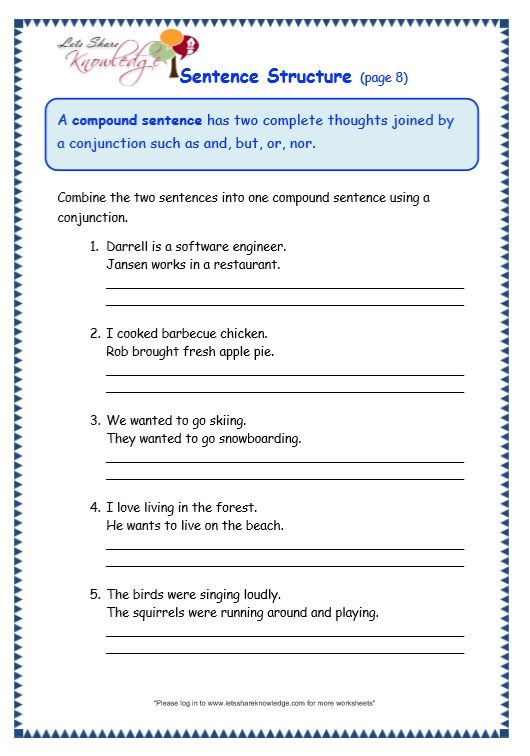
- She always lets her children do what they want to.
- Let's leave things as they are until he comes back.
- They agreed to look into the causes of the accident.
- They stopped talking as soon as I came into the room.
- They insisted on my getting the work done by tomorrow.
- People tend to raise their voices when they get excited.
- The train had already left when they got to the station.
- I complained, but they refused to take this sweater back.
- These flowers aren't only beautiful, but they smell nice.
- The faster we rub our hands together, the warmer they get.
- They announced the date of their wedding in the newspaper.
- I never thought that they would like their teacher so much.
- Some dog owners wonder if they are feeding their dogs enough.
- They failed to take into account the special needs of old people.
- They had to change their schedule because the train arrived late.

- They agree that they have no choice but to give up the whole plan.
- I told the children to be quiet, but they just kept on being noisy.
- People have the tendency to speak more loudly when they get excited.
- I tried hard to make them stay home, but they refused to listen to me.
- The children were so excited after the party that they couldn't sleep.
- I don't think many people can say they are satisfied with their salary.
- Everybody in the car said they wanted to get out and stretch their legs.
- Tom asked me how long my parents had been married before they separated.
- They say that girls spend more time worrying about how they look than boys do.
- If students today had more free time, they might show more interest in politics.
- If you leave your textbooks at school during the break, they'll get confiscated.
- She bought him a dog. However, he was allergic to dogs, so they had to give it away.
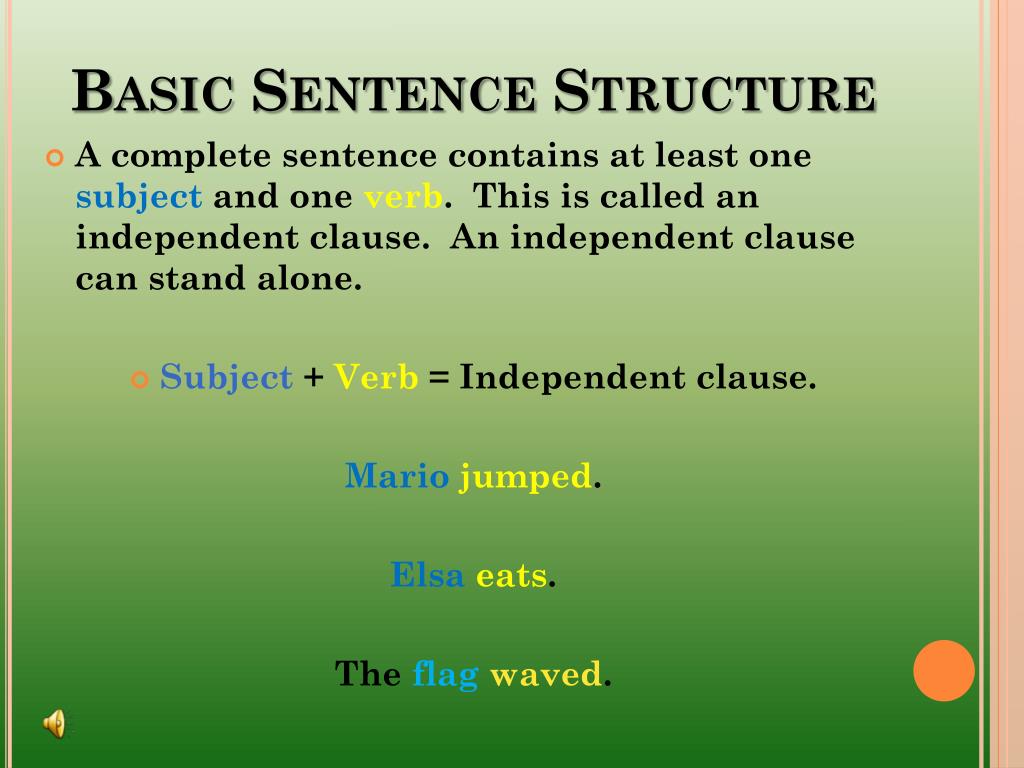
- They say that in America anyone can become president, but perhaps that's not really true.
- I don't quite believe it when I hear someone claim they can speak more than five languages fluently.
- They quarreled.
The difference between 'their', 'there' and 'they’re': with example sentences - Typely Official
their, there, they’re (/ðɛː/)
‘Their’, ‘there’, and ‘they’re’ are commonly misspelled and used incorrectly in writing, even by native English speakers.
It’s easily done because they’re homophones - words that are pronounced the same, but are spelt differently and have different meanings.
The word ‘homophone’ comes from Greek homóphõnos
homo same – phõné sound
However, although these three words sound the same, they have very different meanings, and so it’s important to use them correctly.
For example:
- their – Their car is blue.
- there – It's parked over there.
- they're – They're going to buy a new car soon.
THEIR
‘their’ is a determiner meaning belonging to, or associated with, people, animals, or things previously mentioned, or easily identified.
It’s nearly always followed by a noun. For example:
- their children
- their car
- their house
Example sentences using ‘their’:
- I could use some ideas about the best ways to help my children with their homework.
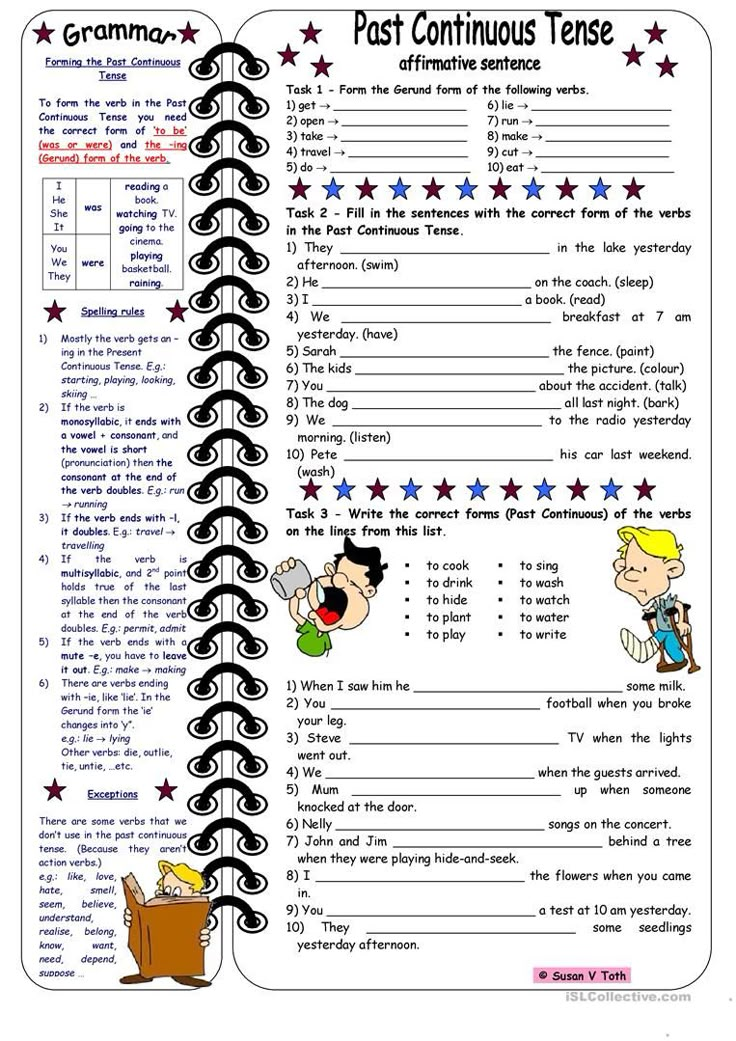
- The couple and their accomplice were eventually caught red-handed.
- Have you seen their new house?
- This is their car, and this is ours.
We also use it as a gender-neutral alternative to ‘his’ or ‘her’. For example:
- Someone left their coat in the bar last night.
- Who finished their dinner first?
- Anyone who cares about their writing should proofread and edit it carefully.
Some people dislike the use of ‘their’ as a gender-neutral substitute as they feel it’s ungrammatical. But it's now become widely used in this way and generally accepted as a natural part of language use.
THERE
there – in, at, or to, that place
- I had a great time in Malta. I’d like to go there again.
there – used to introduce the subject of a sentence
- There’s someone at the door.
- There were too many people on the bus to work this morning.

get there – arrive somewhere
- It took us more than five hours to drive home in the snow. I thought we’d never get there.
THEY'RE
‘They’re’ is a contraction of ‘they are’ - the ‘a’ from ‘are’ is replaced by an apostrophe.
‘They’ is a pronoun used to refer to a group of people, animals or things that have already been mentioned, or are easily identified.
Example sentences using ‘they’re’
- I saw Marie and David last week. Did you know they’re getting married?
- They’re getting here around six o’clock
- If they said they didn’t know what they were doing, they’re lying.
- My parents said they’re going to Nice for their holiday.
Example sentences that have their, there, and they’re in the same sentence
- Their parents live in Canada and they’re flying to Quebec to be there with them for their fortieth wedding anniversary.

- When they get there, they’re staying in a hotel with their extended family.
- They’re staying there for ten days and then travelling to visit their friends in Montreal.
- They’re hoping to have time to visit all their favourite places while they’re there.
How do I know if I’m using their, there, and they’re correctly?
Mistakes made by confusing ‘their’, ‘there’ and ‘they’re’ in your writing are not usually picked up by proofreading software because although you may have used a word inappropriately in a sentence, if it's spelt correctly the software doesn't recognise it as an error.
So, how do you know if you’re using them correctly?
In most cases, the following tips should help you decide if you’re using the right word in the right place...
THEIR: Try replacing ‘their’ with ‘our’ in your sentence. Does it still make sense? If it does, then you’re using it correctly.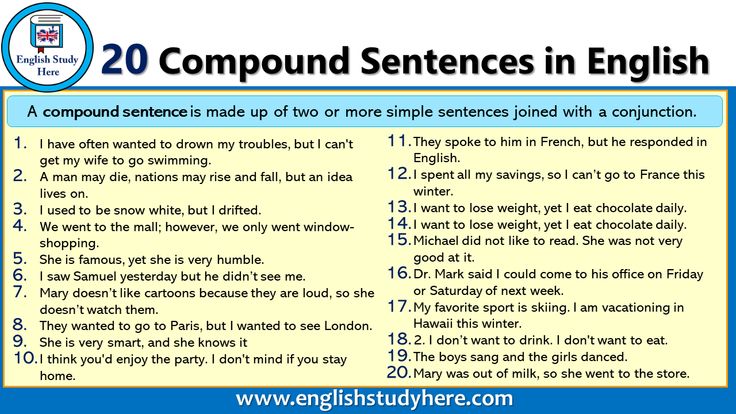 For example:
For example:
- Their parents live in Canada.
Our parents live in Canada. - Have you seen their new baby?
Have you seen our new baby?
THERE: Try replacing ‘there’ with ‘here’. Does your sentence still make sense? If it does, then it’s correct.
THEY’RE: For ‘they’re’, does your sentence still make sense if you replace ‘they’re’ with ‘they are’? If it does, then it’s correct.
A final word from their, there, and they're …
Remember, they’re easy to mix up because their sound is the same, but their meanings are different.
Proofreading software won’t help you identify when you’re using them incorrectly but, for most cases, there are questions you can ask yourself to test whether you have the right word.
Two defendants were on the same case Art. 228 of the Criminal Code of the Russian Federation, a sentence was passed in their case, but one of them decided to write a statement at the retrial.
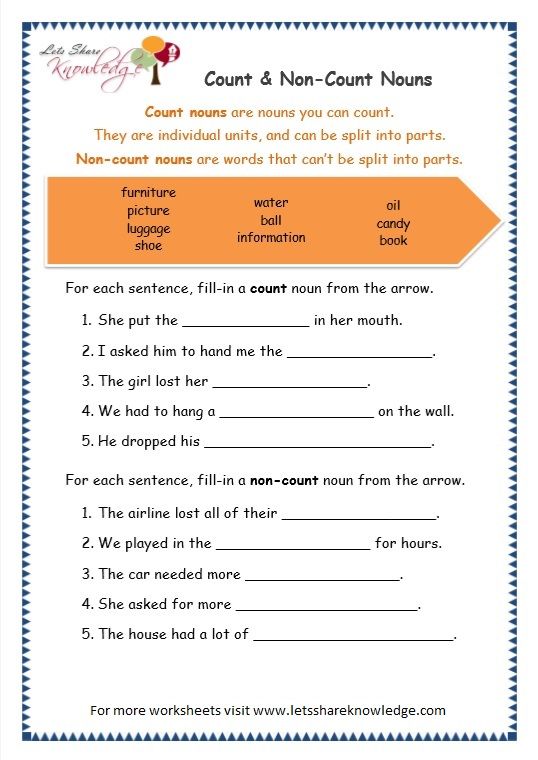 What will happen to the second one? - Lawyer in Samara and Moscow
What will happen to the second one? - Lawyer in Samara and Moscow Hello. The two defendants were in the same case. 228 of the Criminal Code of the Russian Federation, a sentence was passed in their case, but one of them decided to write a statement at the retrial. What will happen to the second one?
Lawyer Antonov A.P.
Good afternoon!
According to Articles 389.1-389.6 of the Code of Criminal Procedure, the right to appeal against a court decision belongs to the convicted, acquitted, their defenders and legal representatives, the public prosecutor and (or) a higher prosecutor, the victim, the private prosecutor, their legal representatives and representatives , as well as other persons in the part in which the appealed court decision affects their rights and legitimate interests.
The civil plaintiff, the civil defendant or their legal representatives and representatives have the right to appeal against the court decision in the part relating to the civil claim.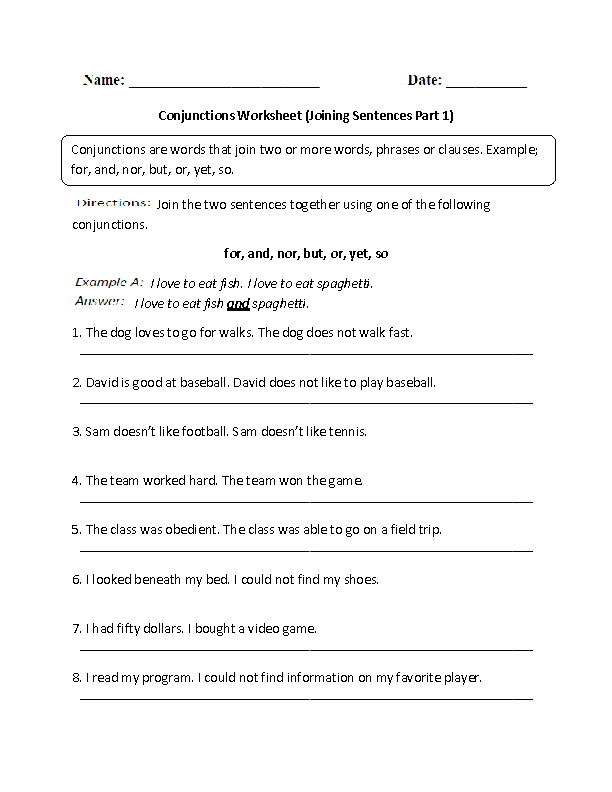
In accordance with the requirements of this chapter, decisions of the court of first instance that have not entered into legal force may be appealed by the parties on appeal.
Determinations or decisions on the procedure for examining evidence, on the satisfaction or rejection of the petitions of the participants in the trial and other court decisions issued in the course of the trial are appealed on appeal simultaneously with the appeal against the final court decision on the case, with the exception of the court decisions specified in part three of this article.
Prior to the issuance of the final court decision, appeals are subject to the decisions of the justice of the peace on the return of the application to the person who filed it, or on the refusal to accept the application for proceedings; court decisions or rulings on the choice of a measure of restraint or on the extension of its validity, on the placement of a person in a medical organization providing medical care in inpatient conditions, or in a medical organization providing psychiatric care in inpatient conditions, for the production of a forensic examination, on the seizure of property, on the establishment or extension of the period of arrest imposed on property, on the suspension of a criminal case, on the transfer of a criminal case to jurisdiction or on a change in the jurisdiction of a criminal case, on the return of a criminal case to a prosecutor; other court decisions affecting the rights of citizens to have access to justice and to consider the case within a reasonable time and impede the further progress of the case, as well as private rulings or resolutions.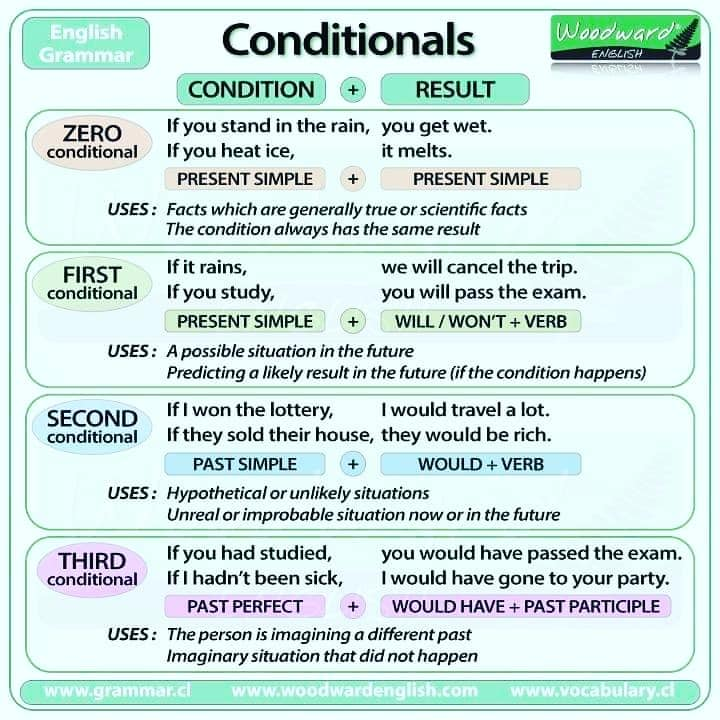
An appeal against a ruling or ruling made during a trial does not stay the trial.
Appeals, presentations are brought through the court that passed the sentence, issued another appealed judicial decision.
Appeals, presentations are filed:
1) against a verdict or other decision of a justice of the peace - to a district court;
2) against a verdict or other decision of a district court, a garrison military court - to a judicial chamber for criminal cases of the supreme court of a republic, a regional or regional court, a court of a city of federal significance, a court of an autonomous region, a court of an autonomous district, a district (naval) military court;
3) against an interlocutory decision of the supreme court of a republic, a regional or regional court, a federal city court, an autonomous region court, an autonomous district court, a district (naval) military court - to the judicial collegium for criminal cases of the corresponding court;
4) against a verdict or other final decision of the supreme court of a republic, a regional or regional court, a federal city court, an autonomous region court, an autonomous district court, a district (naval) military court - respectively to the Judicial Collegium for Criminal Cases of the Supreme Court of the Russian Federation, the Judicial Collegium for Military Personnel of the Supreme Court of the Russian Federation;
5) against a decision of a judge of the Supreme Court of the Russian Federation - to the Board of Appeal of the Supreme Court of the Russian Federation.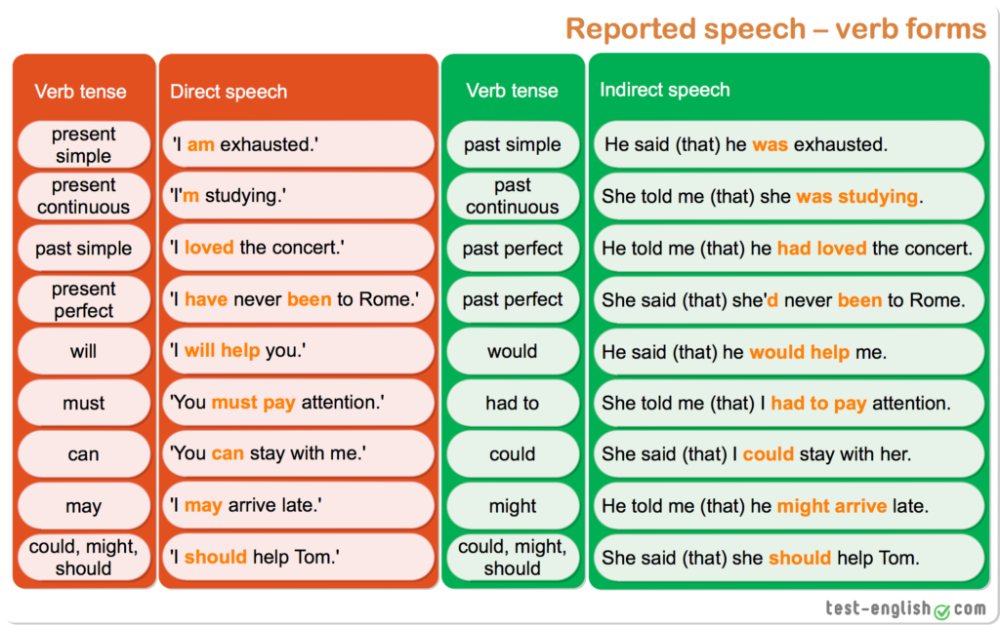
An appeal, a presentation against a verdict or other decision of the court of first instance may be filed within 10 days from the date of the verdict or other decision of the court, and for convicted persons held in custody - within the same period from the date of delivery of copies of the verdict, ruling , rulings.
During the period established for appealing against a court decision, a criminal case cannot be demanded from the court.
Appeals, submissions filed with missed deadlines are left without consideration.
An appeal or presentation must contain:
1) the name of the appellate instance court to which the complaint or presentation is filed;
2) data on the person who filed the appeal or presentation, indicating his procedural status, place of residence or location;
3) an indication of the verdict or other judicial decision and the name of the court that passed or delivered it;
4) arguments of the person who filed the appeal or presentation, indicating the grounds provided for in Article 389.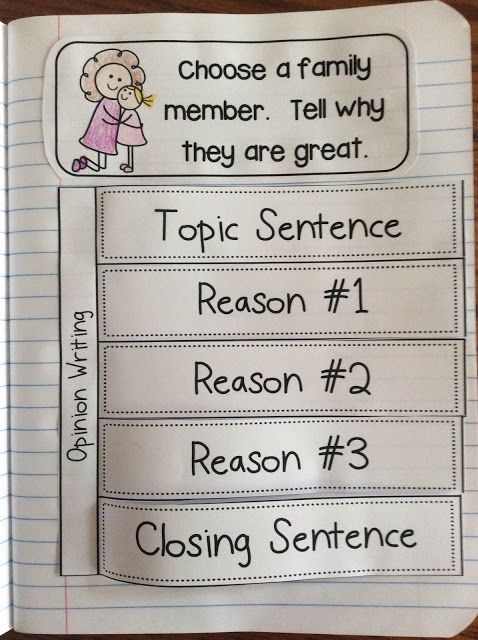 15 of this Code;
15 of this Code;
5) a list of materials attached to the appeal, submission;
6) the signature of the person who filed the appeal or presentation.
The person who filed the appeal or presentation, in support of the arguments given in the complaint or presentation, has the right to file a request for the court of appeal to examine the evidence that was examined by the court of first instance, which must be indicated in the complaint or presentation, and provide a list of witnesses, experts and other persons who are subject to be summoned to the court session for these purposes. If a petition is filed for the examination of evidence that was not examined by the court of first instance (new evidence), then the person is obliged to substantiate in the appeal or presentation the impossibility of presenting this evidence to the court of first instance.
The appeal of a person not participating in the criminal case must indicate what rights and legitimate interests of this person have been violated by the court decision.
If the convict files a petition for participation in the consideration of the criminal case by the court of appeal, this is indicated in his appeal or in objections to complaints, presentations brought by other participants in the criminal process.
In case of non-compliance of the appeal, presentation with the requirements established by the first, first.1 and second parts of this article, which prevents the consideration of the criminal case, the appeal, presentation shall be returned by the judge, who sets a time limit for their redrawing. If the requirements of the judge are not met and the appeal or presentation is not received within the time period set by the judge, they are considered not filed. In this case, the verdict, other appealed judicial decision shall be deemed to have entered into force.
Thus, the verdict of the court will be reviewed only in the part of the convict who filed the complaint.
Yours faithfully, lawyer Anatoly Antonov.
Still have questions for a lawyer?
Ask them right now here, or call +7 (846) 212-99-71 (24/7), or come to our office for a consultation (by appointment)!
Relevance date of the material: 20.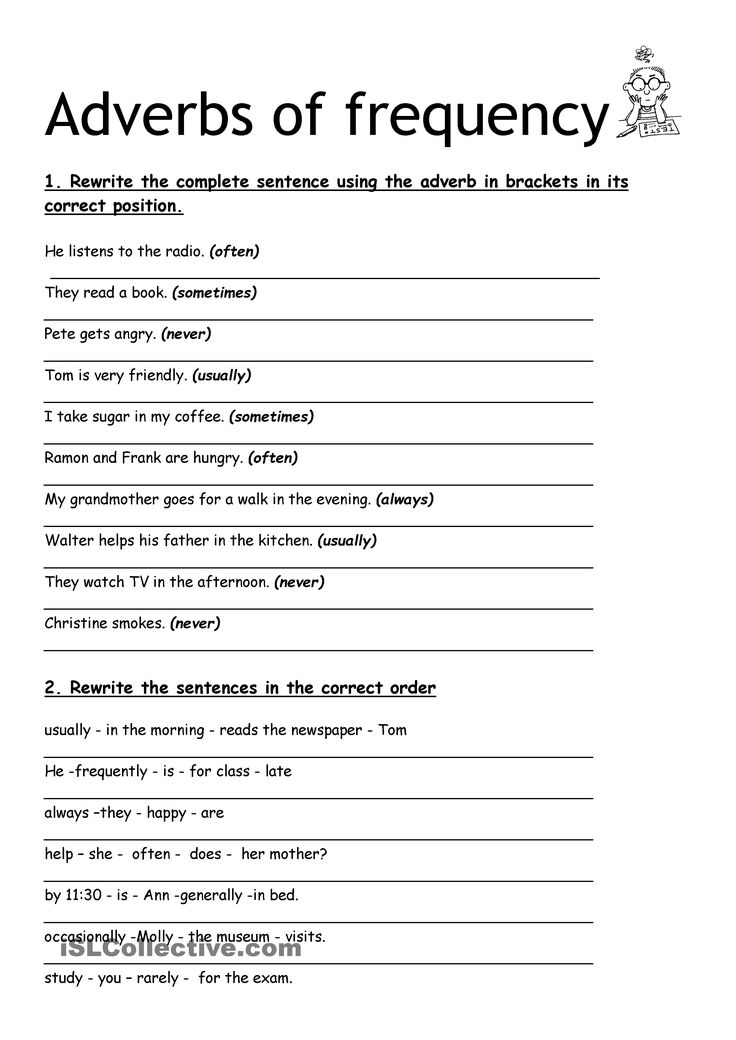 08.2019
08.2019
To make an appointment for a consultation, call the round-the-clock number +7 (846) 212-99-71 or leave a request below
Prosecutor explains - Prosecutor's office of the Chelyabinsk region
Prosecutor explains
- August 22, 2018, 12:58
Types of sentences
Text
Share
The senior prosecutor of the department of public prosecutors of the criminal-judicial department Galina Nikolaevna Cheblakova explains
A court verdict can be acquittal or guilty.
A guilty verdict is issued when the trial proves that the defendant is guilty of a crime.
The law requires a guilty verdict only if, during the trial, the guilt of the defendant is confirmed by a combination of examined evidence.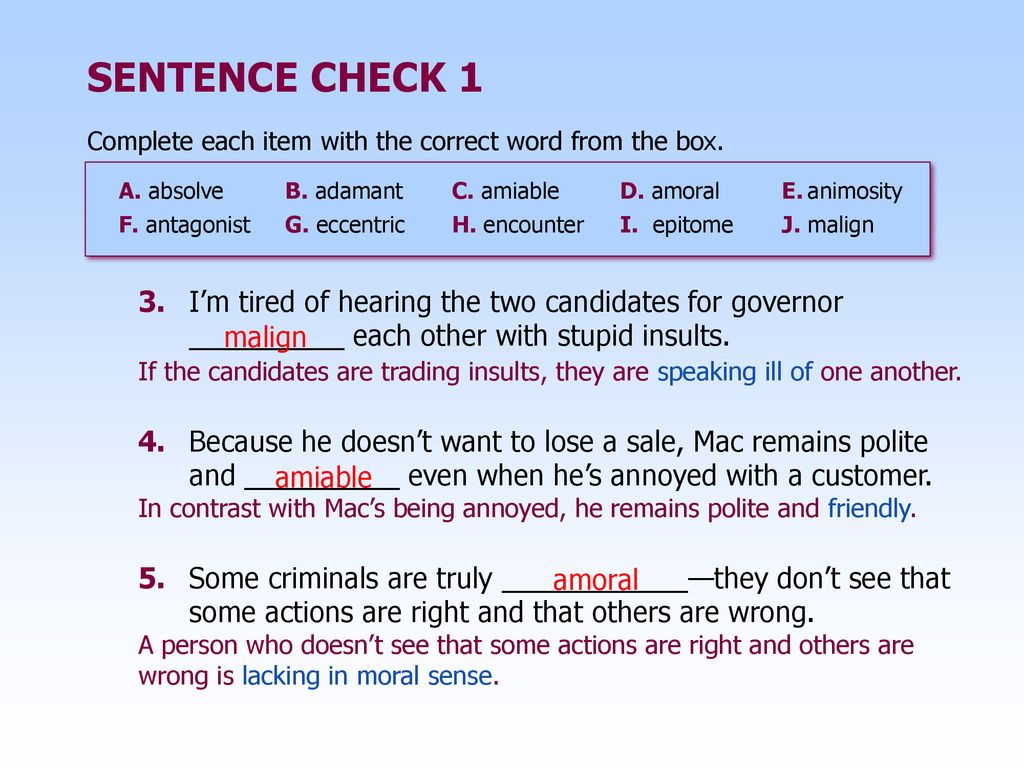 A guilty verdict cannot be based on assumptions.
A guilty verdict cannot be based on assumptions.
When deciding the verdict, all the evidence considered in the court session must be evaluated. The defendant's confession of his guilt can be the basis of a guilty verdict only if it is confirmed by a combination of other evidence. All doubts regarding the proof of the accusation, if they could not be eliminated, are interpreted in favor of the defendant.
An acquittal is issued in cases where:
1) the event of a crime has not been established;
2) the defendant is not involved in the commission of the crime - when the available evidence is doubtful or insufficient to make a decision on the case, and the possibilities for further search for additional evidence have been completely exhausted, the court issues a verdict of not guilty due to the defendant's non-involvement in the commission of the crime;
3) there is no corpus delicti in the act of the defendant - the absence of corpus delicti is recognized as the basis for an acquittal when the event took place, the fact that the defendant committed certain acts is established, but they are not criminal in accordance with the current legislation;
4) the defendant has been acquitted by the jury.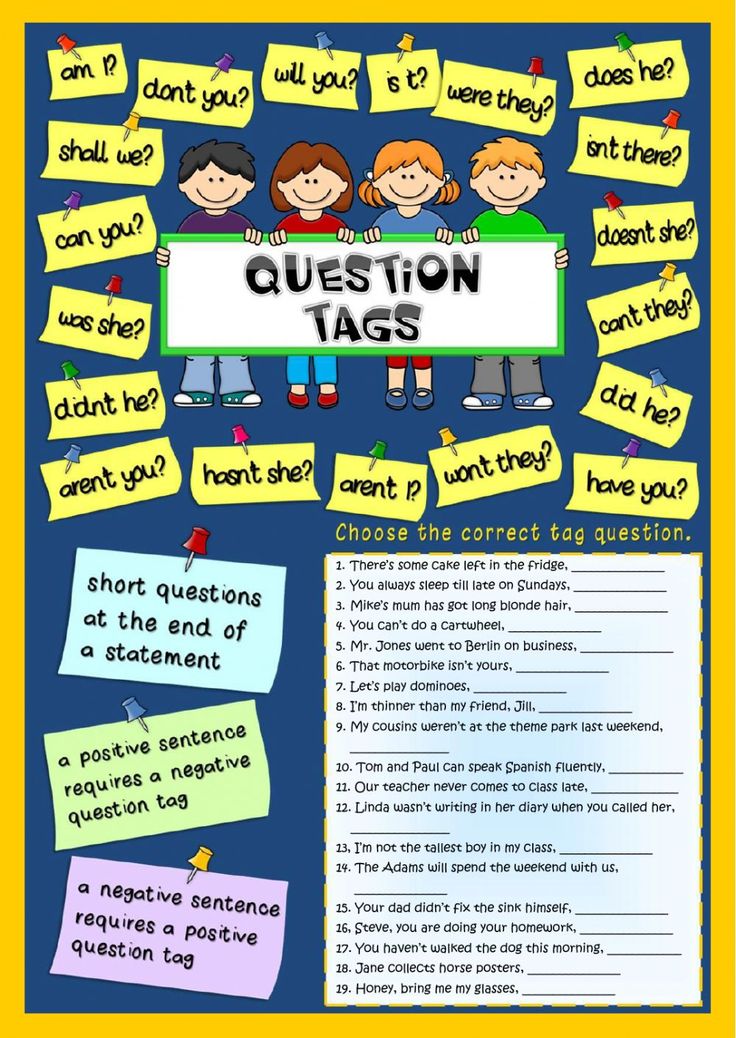
Regardless of the grounds for acquittal, the defendant is in all cases considered innocent of the crime, which entails his rehabilitation in the manner prescribed by law.
Among guilty verdicts, depending on the grounds for their decision, the law distinguishes three types of verdicts:
1) with the imposition of a sentence to be served by the convict;
2) with the imposition of a sentence and release from serving it;
3) without sentencing.
The court renders a guilty verdict with release from the imposed punishment, if by the time the verdict is passed:
1) an act of amnesty has been issued, relieving the convict from the application of the punishment imposed by this verdict;
2) the time spent by the defendant in custody in this criminal case, taking into account the rules for offsetting punishment established by the Criminal Code, completely absorbs the punishment imposed on the defendant by the court.
A guilty verdict without sentencing is issued in the following cases:
1) if an act of amnesty has been issued that releases the defendant from criminal liability;
2) if the court applies compulsory measures of educational influence instead of criminal punishment to the convicted minor;
3) if the convicted minor is placed by the court in a special educational institution of a closed type instead of applying a criminal penalty in the form of deprivation of liberty.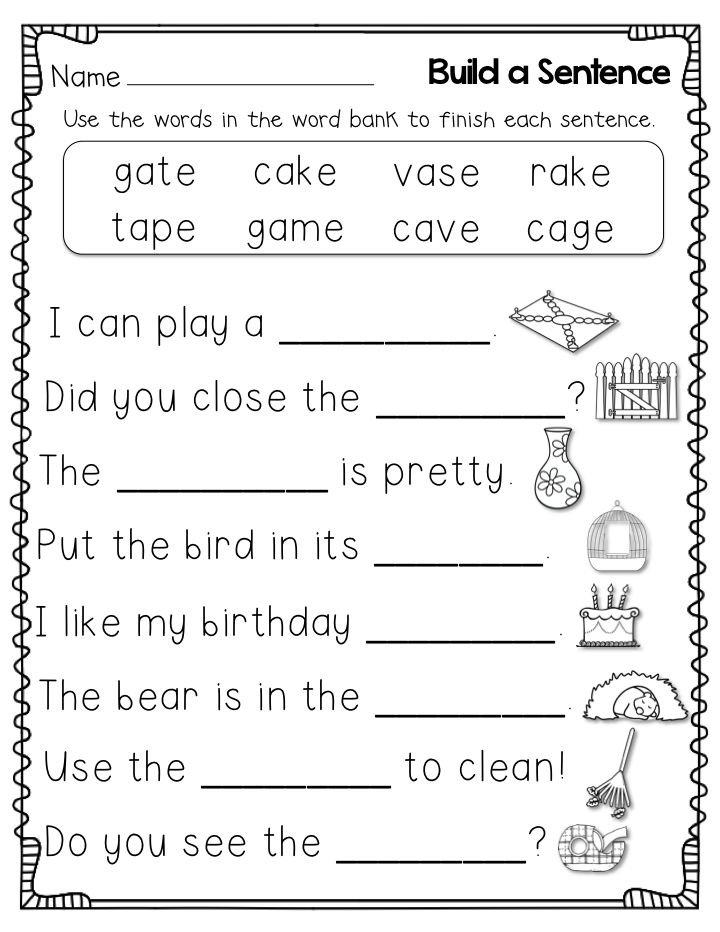
When passing a guilty verdict with the imposition of a sentence to be served, the court is obliged to indicate in the verdict the type of punishment, its amount and the beginning of the calculation of the term for serving the sentence.
Punishment must be just. It is appointed within the limits of the sanction of the criminal law, which provides for the crime of which the defendant is found guilty. When imposing punishment, the court must take into account the nature and degree of social danger of the crime, the identity of the perpetrator, including the circumstances mitigating and aggravating the punishment, as well as the impact of the punishment imposed on the correction of the convicted person and on the living conditions of his family.
In the event that the grounds for termination of a criminal case or criminal prosecution, provided for in paragraph 3 of part 1 of Art. 24 Code of Criminal Procedure of the Russian Federation or art. 25, 25-1, 28, 28-1 of the Code of Criminal Procedure of the Russian Federation will be clarified during the trial, the court, with the consent of the defendant, must terminate the criminal case and (or) criminal prosecution at any time during the proceedings.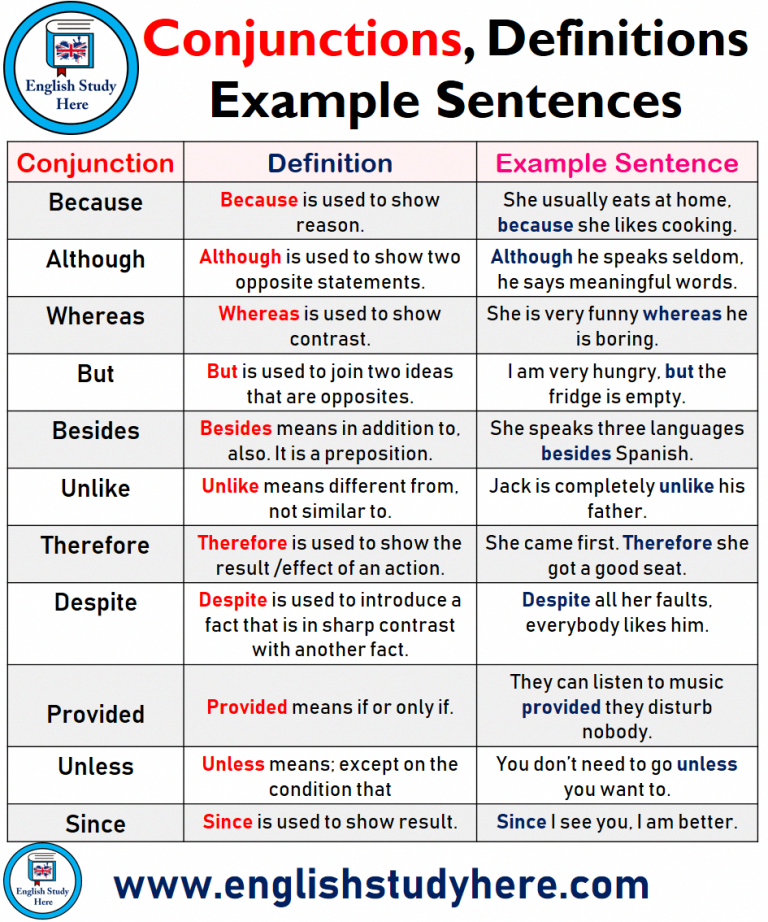 In the absence of the consent of the defendant, the court continues the consideration of the criminal case in accordance with the procedure established by the criminal procedure law. The court, having established that the actions of the defendant contain elements of a crime, passes a sentence by which it releases him from punishment in connection with the establishment of one of the above grounds.
In the absence of the consent of the defendant, the court continues the consideration of the criminal case in accordance with the procedure established by the criminal procedure law. The court, having established that the actions of the defendant contain elements of a crime, passes a sentence by which it releases him from punishment in connection with the establishment of one of the above grounds.
If it is established that there is no event of a crime or there is no corpus delicti in the act of the defendant, the court decides on an acquittal. The court makes the same decision if it is established that the defendant is not involved in the commission of the crime.
If the defendant is charged under several articles of the criminal law and the court comes to the conclusion that it is necessary to terminate the criminal case on some of them, the reasoned decision to this effect is not set out in the verdict, but in a ruling (decree) issued simultaneously with the verdict.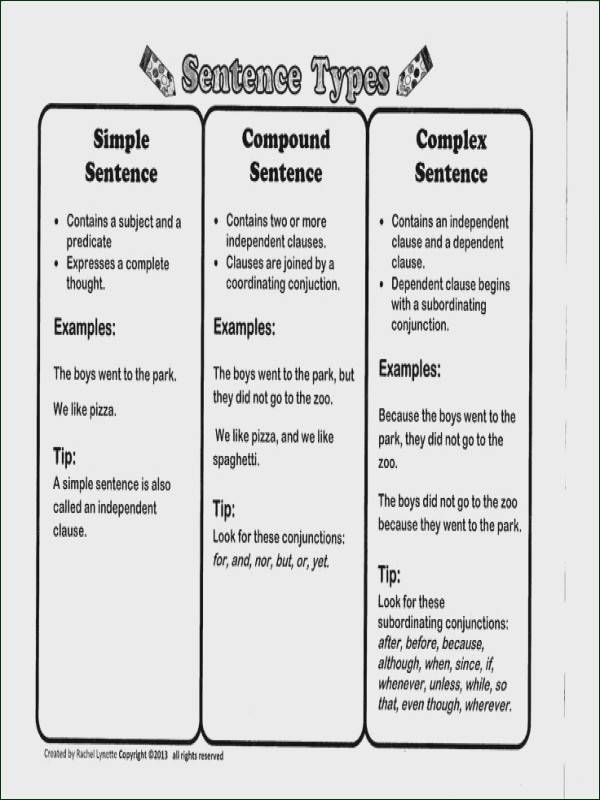 In the descriptive-motivational part of the verdict in this case, it is only indicated that the criminal case in this part has been terminated.
In the descriptive-motivational part of the verdict in this case, it is only indicated that the criminal case in this part has been terminated.
Types of sentences
Galina Nikolaevna Cheblakova, Chief Prosecutor of the Department of Public Prosecutors of the Criminal Judicial Administration, explains
A court verdict may be acquittal or guilty.
A guilty verdict is issued when, during the course of the trial, the defendant's guilt in committing a crime is proven.
The law requires a guilty verdict only if, during the trial, the guilt of the defendant is confirmed by a combination of examined evidence. A guilty verdict cannot be based on assumptions.
When passing a sentence, all the evidence considered in the court session must be assessed. The defendant's confession of his guilt can be the basis of a guilty verdict only if it is confirmed by a combination of other evidence. All doubts regarding the proof of the accusation, if they could not be eliminated, are interpreted in favor of the defendant.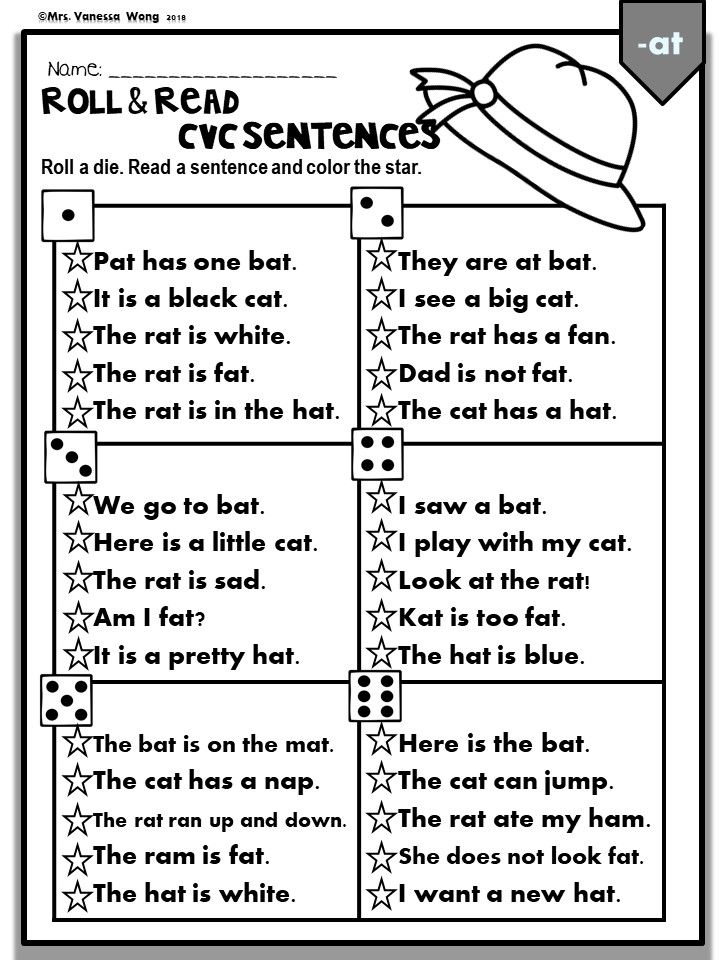
An acquittal is issued in cases where:
1) the event of a crime has not been established;
2) the defendant is not involved in the commission of the crime - when the available evidence is doubtful or insufficient to make a decision on the case, and the possibilities for further search for additional evidence have been completely exhausted, the court issues a verdict of not guilty due to the defendant's non-involvement in the commission of the crime;
3) there is no corpus delicti in the act of the defendant - the absence of corpus delicti is recognized as the basis for an acquittal when the event took place, the fact that the defendant committed certain acts is established, but they are not criminal in accordance with the current legislation;
4) the defendant has been acquitted by the jury.
Regardless of the grounds for acquittal, the defendant is in all cases considered innocent of the crime, which entails his rehabilitation in the manner prescribed by law.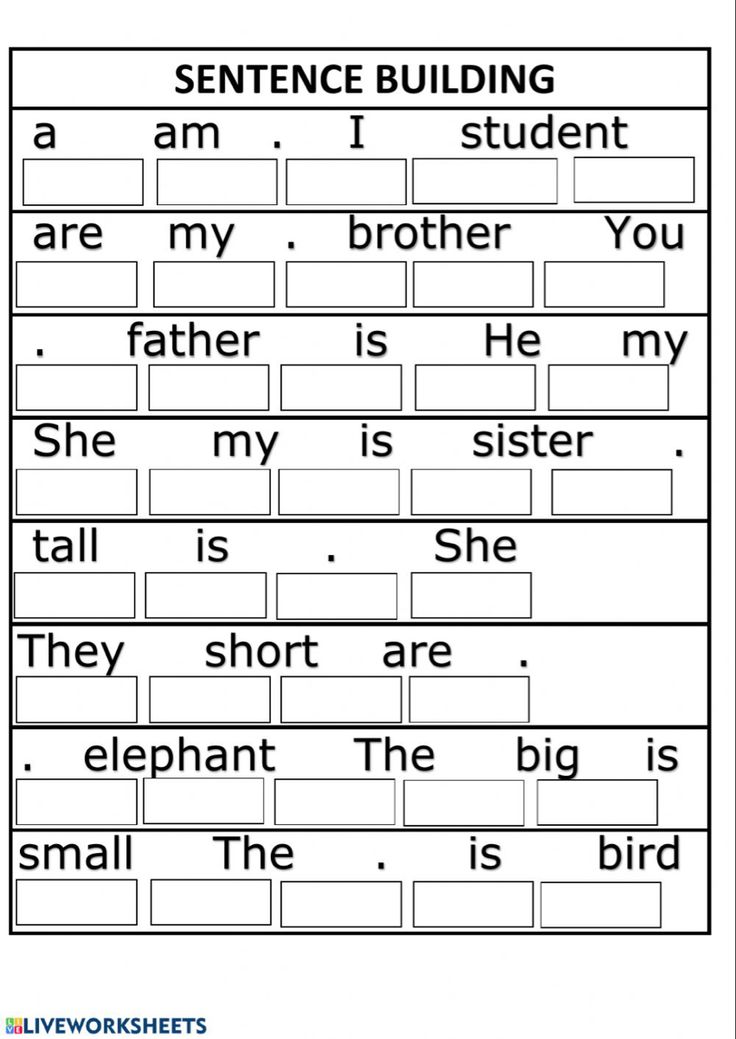
Among guilty verdicts, depending on the grounds for their decision, the law distinguishes three types of verdicts:
1) with the imposition of a sentence to be served by the convict;
2) with the imposition of a sentence and release from serving it;
3) without sentencing.
The court renders a guilty verdict with release from the imposed punishment, if by the time the verdict is passed:
1) an act of amnesty has been issued, relieving the convict from the application of the punishment imposed by this verdict;
2) the time spent by the defendant in custody in this criminal case, taking into account the rules for offsetting punishment established by the Criminal Code, completely absorbs the punishment imposed on the defendant by the court.
A guilty verdict without sentencing is issued in the following cases:
1) if an act of amnesty has been issued that releases the defendant from criminal liability;
2) if the court applies compulsory measures of educational influence instead of criminal punishment to the convicted minor;
3) if the convicted minor is placed by the court in a special educational institution of a closed type instead of applying a criminal penalty in the form of deprivation of liberty.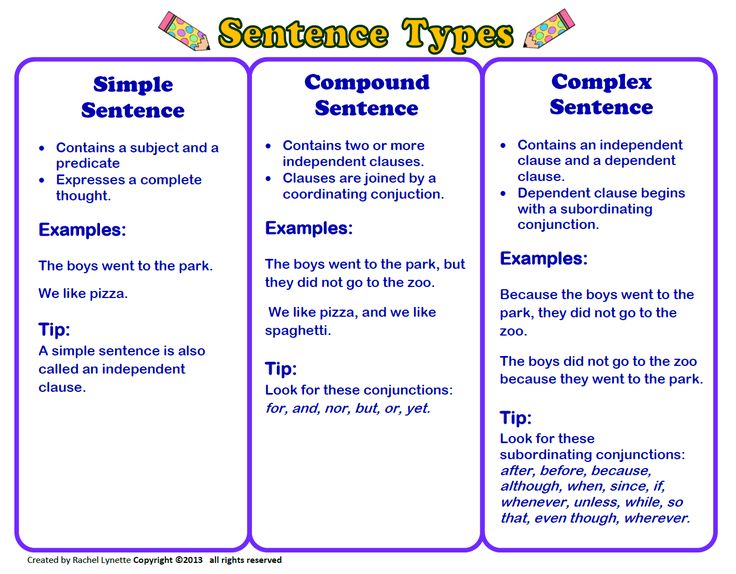
When passing a guilty verdict with the imposition of a sentence to be served, the court is obliged to indicate in the verdict the type of punishment, its amount and the beginning of the calculation of the term for serving the sentence.
Punishment must be just. It is appointed within the limits of the sanction of the criminal law, which provides for the crime of which the defendant is found guilty. When imposing punishment, the court must take into account the nature and degree of social danger of the crime, the identity of the perpetrator, including the circumstances mitigating and aggravating the punishment, as well as the impact of the punishment imposed on the correction of the convicted person and on the living conditions of his family.
In the event that the grounds for termination of a criminal case or criminal prosecution, provided for in paragraph 3 of part 1 of Art. 24 Code of Criminal Procedure of the Russian Federation or art. 25, 25-1, 28, 28-1 of the Code of Criminal Procedure of the Russian Federation will be clarified during the trial, the court, with the consent of the defendant, must terminate the criminal case and (or) criminal prosecution at any time during the proceedings.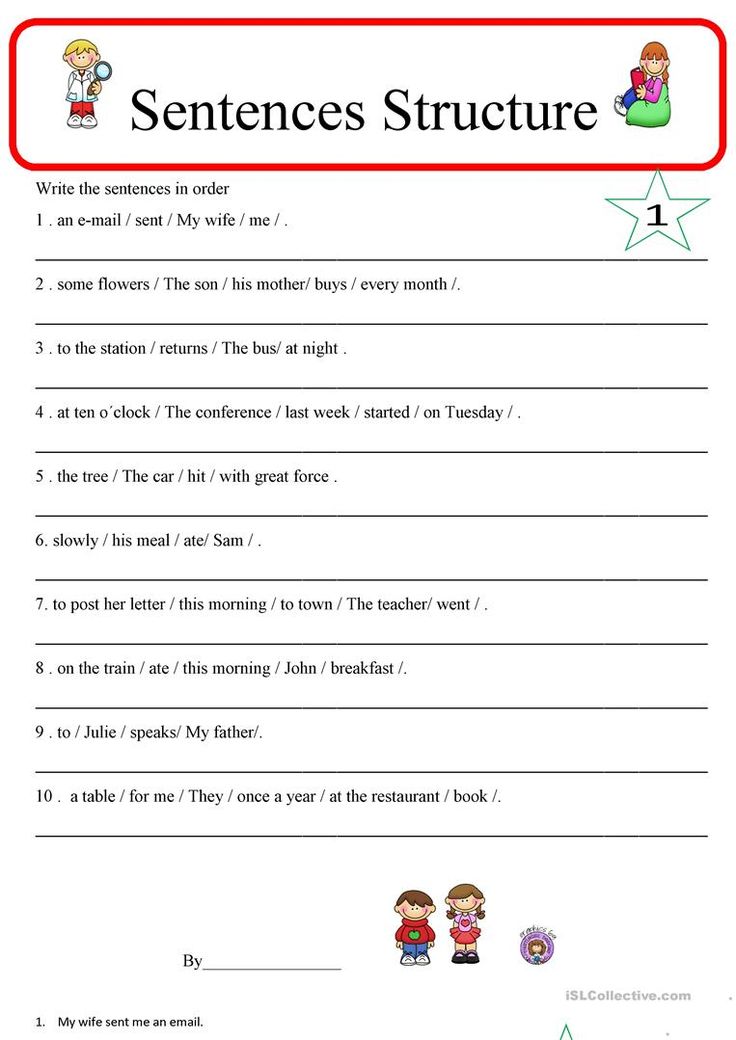 In the absence of the consent of the defendant, the court continues the consideration of the criminal case in accordance with the procedure established by the criminal procedure law. The court, having established that the actions of the defendant contain elements of a crime, passes a sentence by which it releases him from punishment in connection with the establishment of one of the above grounds.
In the absence of the consent of the defendant, the court continues the consideration of the criminal case in accordance with the procedure established by the criminal procedure law. The court, having established that the actions of the defendant contain elements of a crime, passes a sentence by which it releases him from punishment in connection with the establishment of one of the above grounds.
If it is established that there is no event of a crime or there is no corpus delicti in the act of the defendant, the court decides on an acquittal. The court makes the same decision if it is established that the defendant is not involved in the commission of the crime.
If the defendant is charged under several articles of the criminal law and the court comes to the conclusion that it is necessary to terminate the criminal case on some of them, the reasoned decision to this effect is not set out in the verdict, but in a ruling (decree) issued simultaneously with the verdict.

